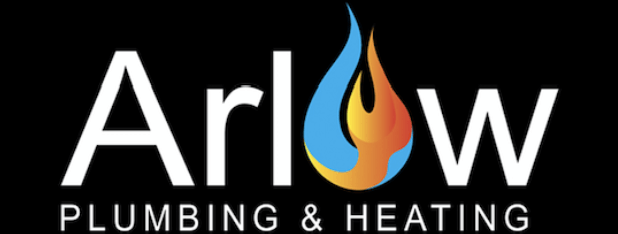Somerset Air Source Heat Pump Installations
Design, Installation & Service



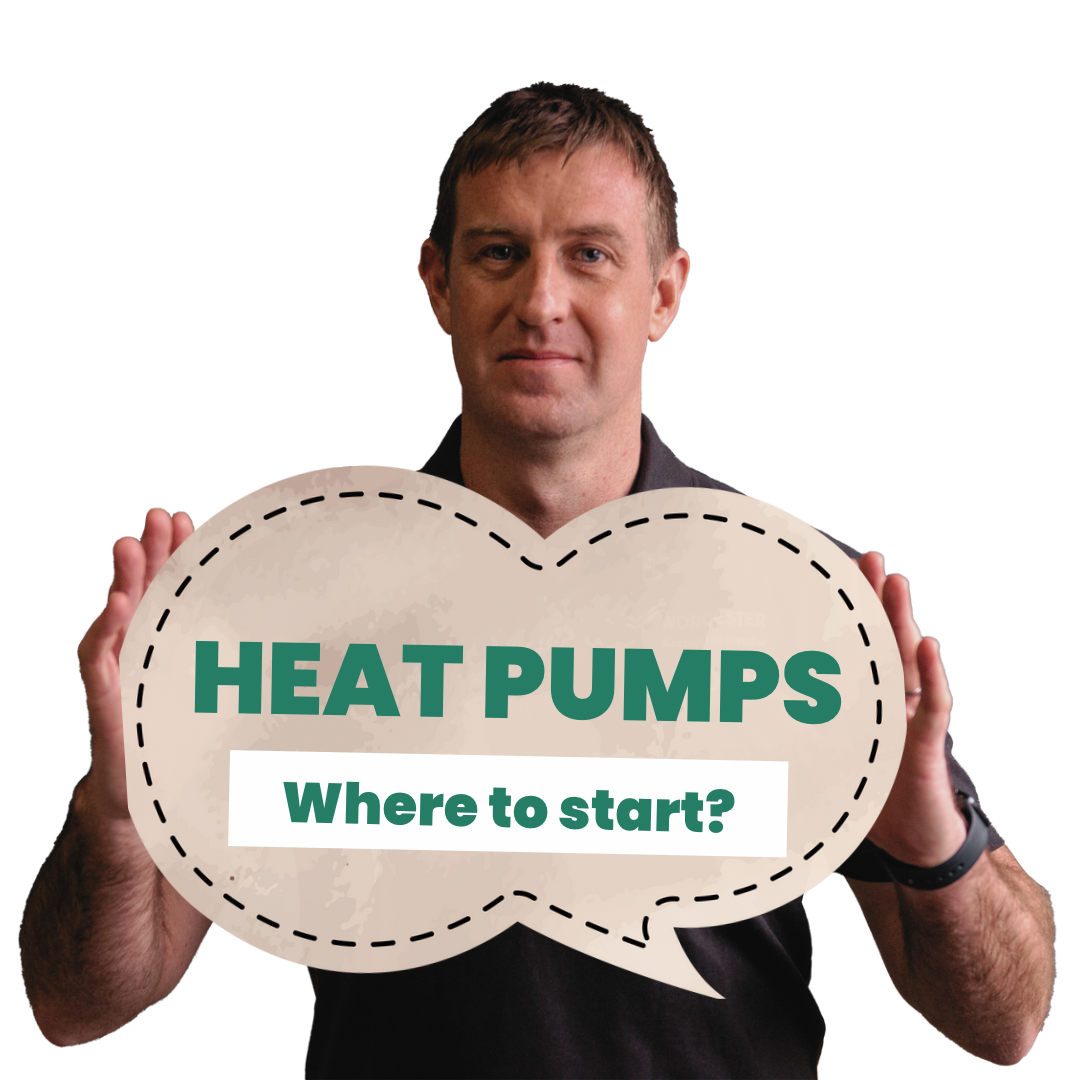
Understanding Heat Pumps - Arlow's Video Explainer Vault
Everything you need to know
Air Source Heat Pumps
Everything you need to know, all in one place
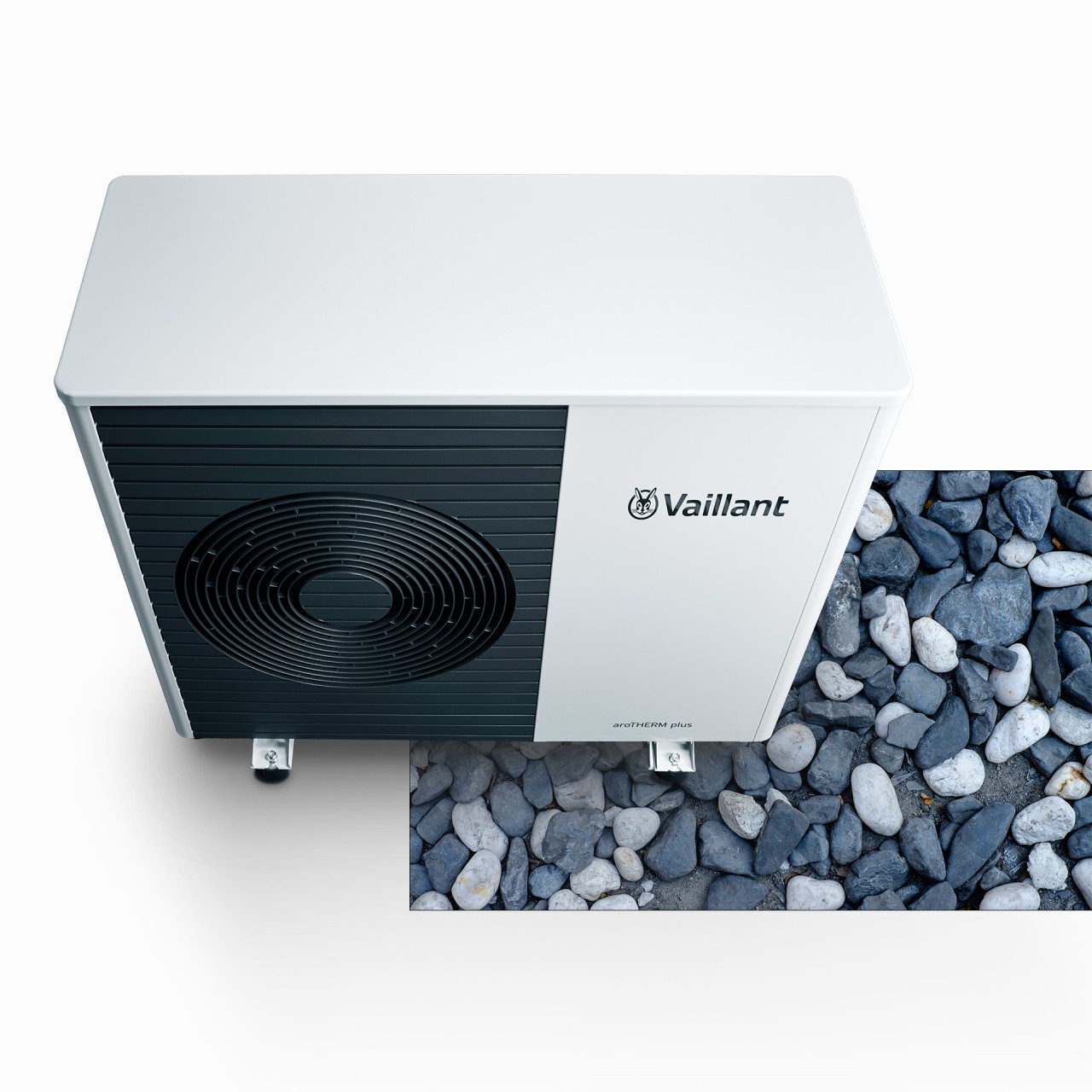
£7500 government grant Now available!
The Boiler Upgrade Scheme Explained
What is an ASHP and how do they work?
An air source heat pump is a smart and efficient way to heat your home and water—using energy from the air outside, even in freezing temperatures! It works a bit like a fridge, but in reverse. Instead of keeping things cool, it uses a fan, refrigerant circuit, and compressor to extact heat from the air and transfer it into your radiators, underfloor heating, and hot water system.
And the best part? It’s super efficient—delivering 3 to 5 times more heat energy than the electricity it uses. Most heat pumps keep working down to -15°C, which is much colder than the UK’s average winter temperature of 2 to 7°C. That’s why they’re already popular in places like Norway and Sweden.
They’re not new—heat pumps have been around for decades—but they’re now transforming the way we heat our homes, helping us move away from gas and towards a cleaner, more sustainable future.
Start your free online heat pump estimate here in two minutes
The Boiler Upgrade Scheme Explained
Is my house suitable for an ASHP?
First, you’ll need some outdoor space. Heat pumps require clearances on all sides to maintain airflow and allow for maintenance. As a general guide, you’ll need a space about 1.7m wide (the width of a standard bath) by 1.3m deep. Also, newer units use a flammable refrigerant, so they can’t be installed next to doors.
Now, what about insulation? There’s a common myth that heat pumps only work in well-insulated homes, but that’s not true! They’re successfully heating all kinds of properties—from high-performance passive houses to single-glazed homes. Inside tip: Your home’s EPC gives a great snapshot of past upgrades, build date, and insulation levels.
Inside your home, you’ll need space for a hot water cylinder, traditionally in an airing cupboard. You might also need larger radiators because heat pumps run at lower temperatures than gas or oil boilers, meaning they need a bigger surface area to provide the same warmth. If you have underfloor heating, that’s ideal.
There may also be some pipework upgrades, as heat pumps need about four times the flow rate of a modern gas boiler.
Additionally, your electric and water supply will be checked to make sure everything will be safe and work well.
Finally, if you have a large and/or poorly insulated home, you might need more than one heat pump unit, known as a cascade system, or an additional backup heater. Most single units max out at around 13kW, which is enough for most properties.
We know this is a lot to consider, but a quality installer will take care of all these details to make sure your system is right for your home!
Start your free online heat pump estimate here in two minutes
The Boiler Upgrade Scheme Explained
How much does an ASHP installation cost?
When it comes to the cost of installing an air source heat pump, you’re typically looking at anywhere from £12,500 to £25,000. However, if you’re eligible for the BUS grant, you’ll save £7,500.
So, what affects the cost? Some big examples are:
– The size and location of the heat pump and hot water cylinder
– The brand and quality of the equipment
– The number of radiator replacements and pipework upgrades
– And the base, drainage, and electrical requirements for the heat pump
It really does depend on your property. Ultimately, it’s important to speak with an industry professional (not a salesperson).
Good news: There’s no VAT on heat pump installations since they qualify as an energy-saving material—unlike traditional heating systems, which are subject to 20% VAT.
Here’s a money-saving tip: The 0% VAT covers all items installed as part of the heat pump system, so if you’re thinking of adding underfloor heating, a water softener, or even a booster pump to increase water pressure, you could save a pretty penny by purchasing them at the same time as your heat pump.
Now, let’s talk grants! The most common grant is the BUS (Boiler Upgrade Scheme), which is available to homeowners who haven’t already received a heat pump grant, such as the RHI. You’ll also need an EPC. For full eligibility details, head over to OFGEM’s website.
There are also grants like ECO4 for low-income households, so if you think you qualify, make sure to check those out!
Start your free online heat pump estimate here in two minutes
The Boiler Upgrade Scheme Explained
How efficient is an ASHP?
Air source heat pumps are incredibly efficient, but getting the system design right is crucial.
The minimum efficiency for an MCS-compliant installation is 280%. But the national average? That’s around 340%. A skilled installer, using top-quality design practices, can push that up to an impressive 400% or even 500%.
These efficiency figures are annual averages, meaning they account for the fact that heat pumps perform better in warmer weather and less efficiently when it’s cold. This efficiency is often measured as SCOP—Seasonal Coefficient of Performance. For example, SCOP 3 is 300%, and SCOP 5 is 500%.
Now, let’s compare this to traditional fossil fuel boilers. They typically operate at around 80 to 95% efficiency, so heat pumps are already looking pretty great.
You might be thinking, ‘But electricity is more expensive than gas,’ and you’re right. However, when you factor in the efficiency, a heat pump running at a SCOP of 3.5 can cost roughly the same as gas and even be a little cheaper than oil.
The real game-changer? By using time-of-use tariffs, solar PV, and battery storage, you could see significant savings.
And here’s the big environmental takeaway: As of today, the carbon intensity of the electrical grid is similar to burning gas. But thanks to the high efficiency of heat pumps, you can reduce your carbon emissions by around 75%, making a real difference for the planet.
Start your free online heat pump estimate here in two minutes
The Boiler Upgrade Scheme Explained
How much does an ASHP cost to run?
Energy consumption is highly individual, depending on factors like property size, insulation, occupancy, location, and indoor temperature. Annual running costs can vary, but based on OFGEM’s 2024 price cap, a typical home will range from £600 to £1500.
With heat pumps, the higher the SCOP, the lower the running costs—so system design is key. An MCS-compliant proposal or heat loss calculation will give you projected running costs, but if you’re switching from an existing boiler, a heat pump running at an average SCOP of 3.5 should cost about the same using peak unit rates.
However, heat pumps really shine in their versatility. For example:
– Using time-of-use tariffs to heat your home and hot water during off-peak hours.
– Taking advantage of discounted rates on heat pump consumption.
– Storing power with battery storage purchased during off-peak times for use at peak hours.
– Using solar PV generation, especially for heating hot water.
Here’s something to consider: heating your hot water with an overnight rate costs around a third of the price of gas, leading to potential significant savings. Plus, if you have your gas meter removed, you’ll no longer pay the gas standing charge, which could save you around £130 a year.
In summary, with careful design and smart energy management, heat pumps offer not only environmental benefits but also long-term financial savings.
Start your free online heat pump estimate here in two minutes
The Boiler Upgrade Scheme Explained
What are the maintenance requirements and costs for an ASHP?
To keep your heat pump running smoothly, it’s important to service the heat pump, cylinder, and controls annually. It’s also a requirement of most manufacturers’ warranties to have the heat pump serviced every year.
The cost of an annual service typically ranges from £200 to £350, including VAT at 20%. Pay-monthly service plans may also be available.
Typical service tasks include:
– Cleaning the evaporator and outdoor unit
– Cleaning system filters
– Servicing the hot water cylinder
– Recharging expansion vessels
– Monitoring and optimizing the heat pump controls and performance
– Maintaining exterior pipework insulation
Things you can do yourself include:
– Keep system pressure between 1 and 1.5 bar
– Report any leaks or faults as soon as possible
– Refrain from changing settings that your trusted installer has configured for optimum comfort and performance
A heat pump can last up to 25 years, depending on installation quality, design, product, servicing, and usage. Manufacturer warranties typically cover the heat pump and controls for 5-7 years, hot water cylinders for 25 years, and other components for 2 years.
In short, regular servicing helps ensure your heat pump performs at its best for many years, delivering reliable comfort and energy efficiency.
Start your free online heat pump estimate here in two minutes
The Boiler Upgrade Scheme Explained
Are ASHPs noisy?
Let’s talk about heat pump noise—because we know that’s a common concern!
Manufacturers list decibel (dB) ratings for their heat pumps, typically ranging from 54 to 66 dB. But here’s something to keep in mind—decibels are measured on a logarithmic scale, which means a 10 dB increase is actually twice as loud!
So, what does that mean for installation? Well, the size of the heat pump you need can have a big impact on where it can go.
This is where MCS020 comes in—a sound assessment that installers follow after calculating your heat loss and selecting the right unit. The goal? Making sure that, at the nearest neighboring window to a habitable room, the heat pump isn’t louder than the background noise—which usually means a neighbor’s living room or bedroom.
To meet these guidelines, sometimes acoustic barriers are needed, like a solid fence. You could even get creative with a decorative trellis, as long as the heat pump isn’t visible through it. And let’s be honest—you might want screening for aesthetic reasons too!
Now, what about noise in your own home? A few smart choices can help:
– Install the unit away from bedrooms or other sensitive areas
– Use “quiet hours” settings to lower output overnight
– Consider carefully when mounting directly on walls, as this can cause vibrations
But here’s the reality—in most cases, heat pumps are pretty quiet. In fact, many customers tell us that when compared to a gas boiler flue, the heat pump is often quieter.
So, while noise is something to consider, it’s already built into the design process—and for most homes, it’s not an issue at all.
Start your free online heat pump estimate here in two minutes
The Boiler Upgrade Scheme Explained
Do I need planning permission for an ASHP?
Good news! The government has made it easier to install heat pumps by relaxing the rules—most installations now fall under permitted development.
Here are the key points:
– You can now place your heat pump as close to your property boundary as you like.
– If your heat pump is mounted above ground level, it must not be visible from the road frontage.
– If you have a detached home and need multiple heat pumps (a cascade system), you’re allowed to install them as long as the total unit size stays under 1.5m³. If it’s larger, you’ll need to submit a planning application. In most cases, this covers two twin-fan units.
A few important things to keep in mind:
– You’ll still need to pass a sound assessment.
– Manufacturer and refrigerant clearances still apply
– Permitted development doesn’t apply to conservation areas or certain listed buildings, so it’s always best to check with your local planning authority to confirm the rules for your property.
And one crucial reminder:
If your installation requires planning permission, it’s your responsibility as the homeowner to apply for it—not your installer’s. If permission isn’t secured when needed, your local planning department could ask you to relocate or even remove the unit.
Of course, as your installer, we’re here to guide and support you as much as possible.
Start your free online heat pump estimate here in two minutes
The Boiler Upgrade Scheme Explained
Choosing the right installer
Good news! The government has made it easier to install heat pumps by relaxing the rules—most installations now fall under permitted development.
Here are the key points:
– You can now place your heat pump as close to your property boundary as you like.
– If your heat pump is mounted above ground level, it must not be visible from the road frontage.
– If you have a detached home and need multiple heat pumps (a cascade system), you’re allowed to install them as long as the total unit size stays under 1.5m³. If it’s larger, you’ll need to submit a planning application. In most cases, this covers two twin-fan units.
A few important things to keep in mind:
– You’ll still need to pass a sound assessment.
– Manufacturer and refrigerant clearances still apply
– Permitted development doesn’t apply to conservation areas or certain listed buildings, so it’s always best to check with your local planning authority to confirm the rules for your property.
And one crucial reminder:
If your installation requires planning permission, it’s your responsibility as the homeowner to apply for it—not your installer’s. If permission isn’t secured when needed, your local planning department could ask you to relocate or even remove the unit.
Of course, as your installer, we’re here to guide and support you as much as possible.
Start your free online heat pump estimate here in two minutes
The Boiler Upgrade Scheme Explained
What is the process for buying an ASHP?
Every company will have it’s own process, so I’ll tell you ours at [company name].
– Step 1: Enquiry. If you head to the heat pump page on our website you should be able to find our estimating tool. Fill this form out. It takes two minutes.
– Step 2: Estimate. We’ll review your property details, and provide you with a free estimate which is an approximate idea of costs. This enables to quickly assess feasibility and proceed with more confidence.
– Step 3: Design. We’ll book a design consultation at a convenient time for you. This includes a full room by room heat loss calculation, and a system design and specification. This should take 2-5 hours and is a chargeable service.
– Step 4: Proposal. This is a fixed price quotation and includes information on the equipment to be installed, as well as projected efficiency and running cost.
– Step 5: Deposit. This is 25% and secures your booking.
– Step 6: Pre-requisites. Make sure any planning permission, electrical supply upgrades and any other items identified in your proposal have been addressed.
– Step 7: Installation. A further 25% is due by the start date. Typically, the installation will take around a week.
– Step 8: Commissioning and handover. Your new system is explained and demonstrated to you in preparation for your new life of clean energy comfort. You’ll also receive a handover document with information like warranties and maintenance requirements.
– Step 9: Full payment on completion, and if we’ve claimed the BUS grant for you, then the value of this is deducted.
– Step 10: Follow up. We will be in touch after installation, at a seasonally appropriate time, to make sure the heat pump is performing as well as possible.
So that’s our process here at Option Energy Solutions. We’d love to help you with your heat pump installation so please don’t hesitate to get in touch.
Start your free online heat pump estimate here in two minutes
OUR heat pump options
We install air source heat pumps and gas boilers across Somerset.
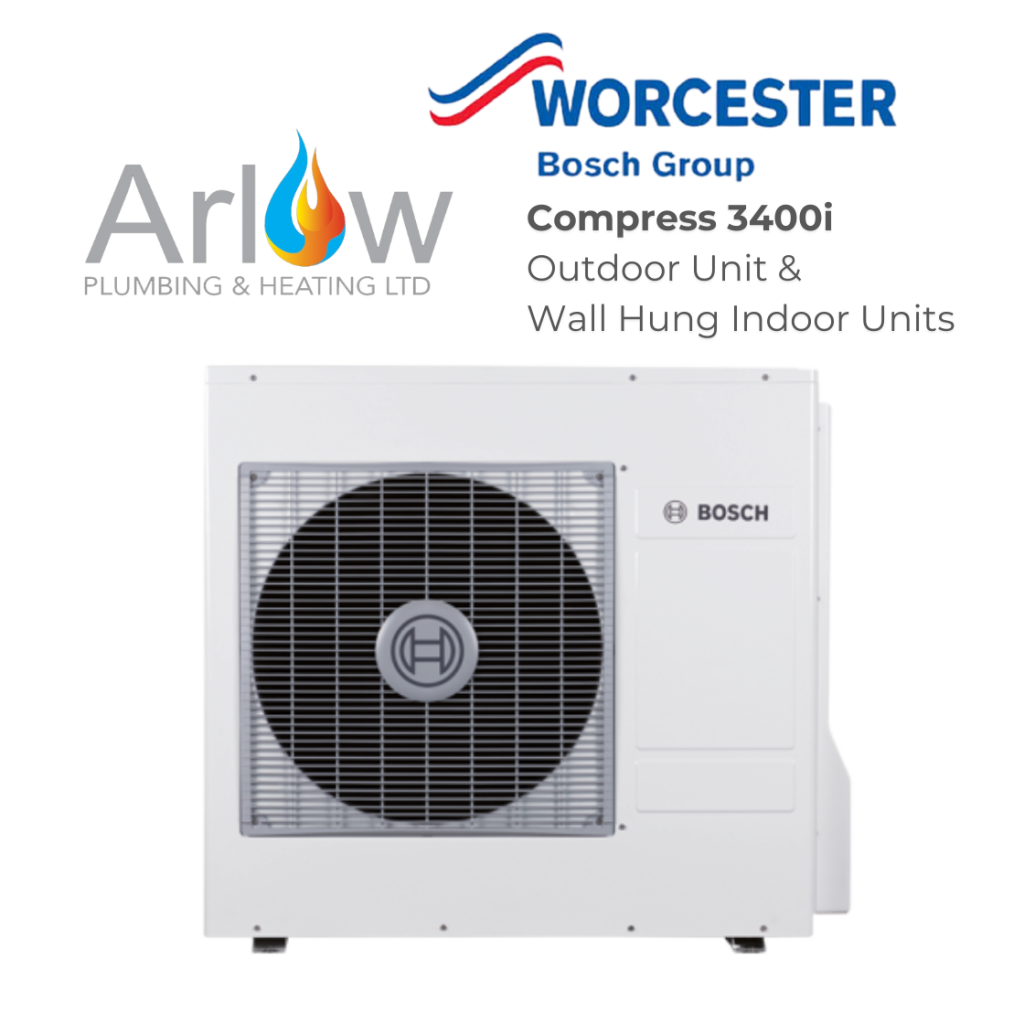
Compact and efficient, the CS2000 air to water full monobloc heat pump gives you lower carbon^ heating and hot water at home.
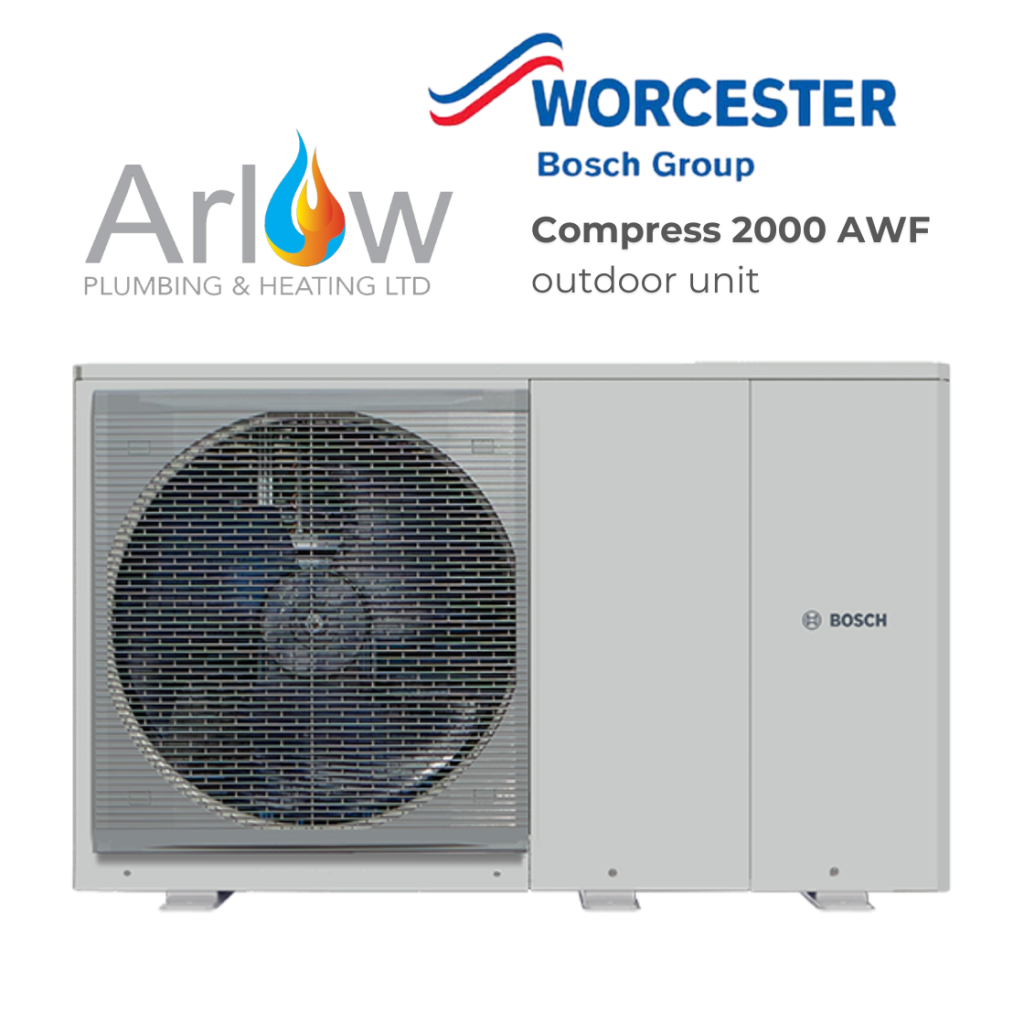
Compact and efficient, the CS2000 air to water full monobloc heat pump gives you lower carbon^ heating and hot water at home.
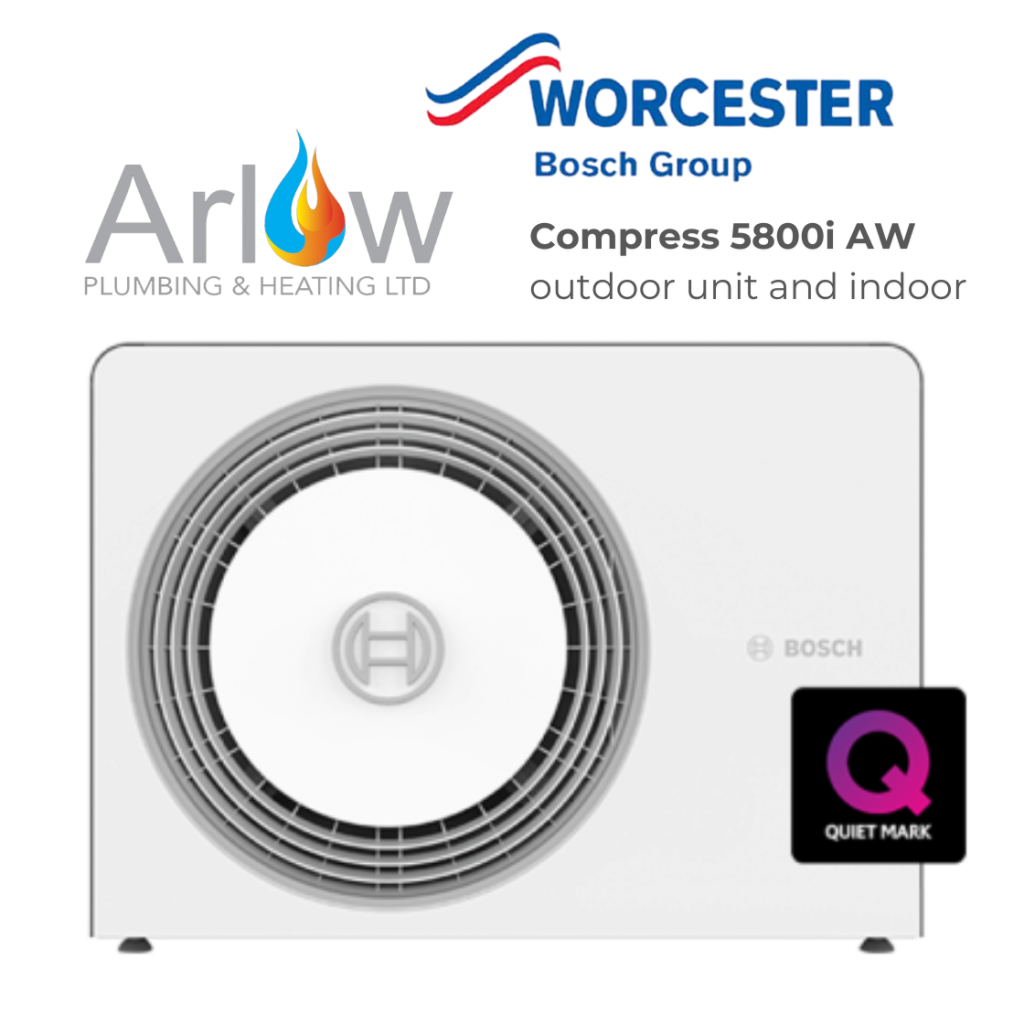
Compact and efficient, the CS2000 air to water full monobloc heat pump gives you lower carbon^ heating and hot water at home.


